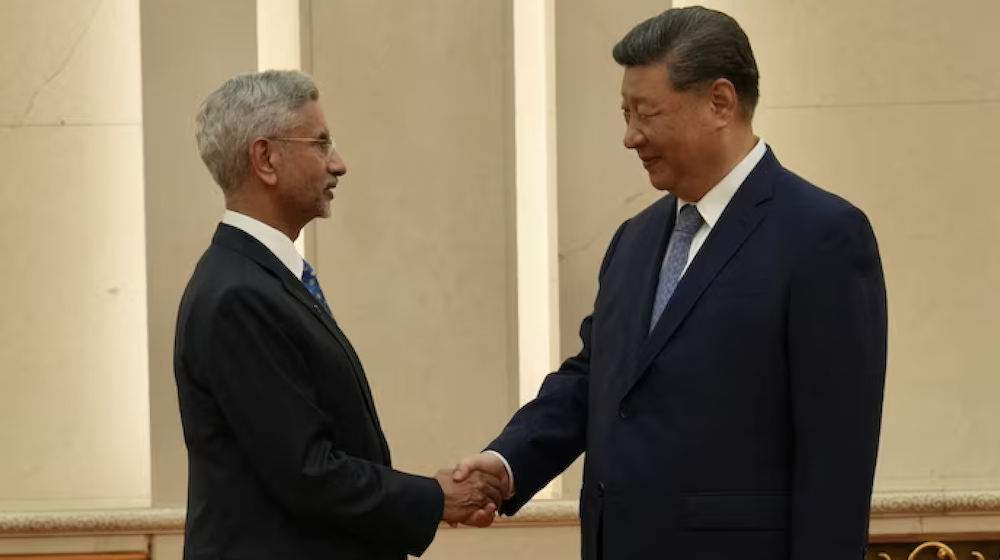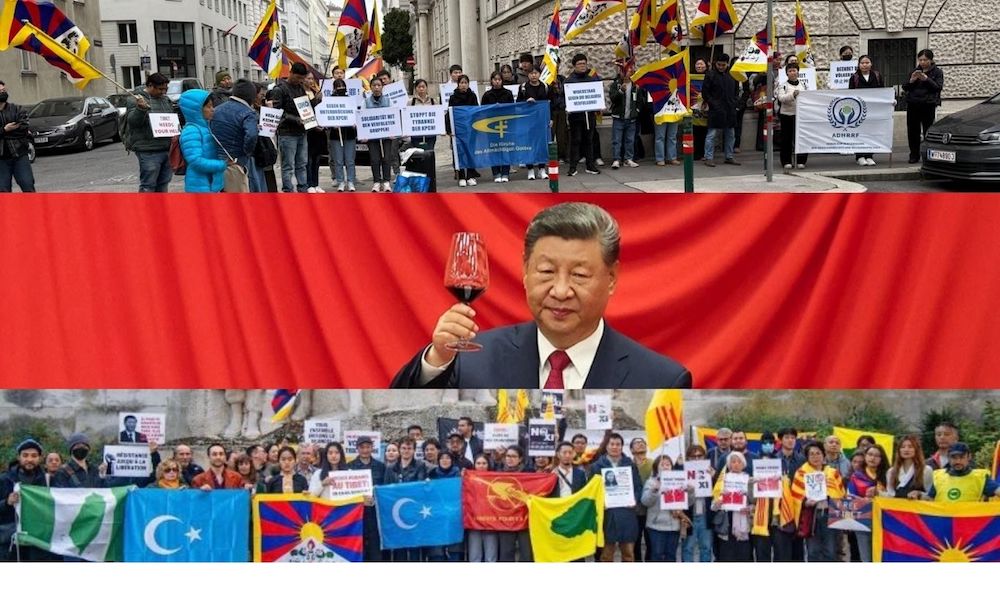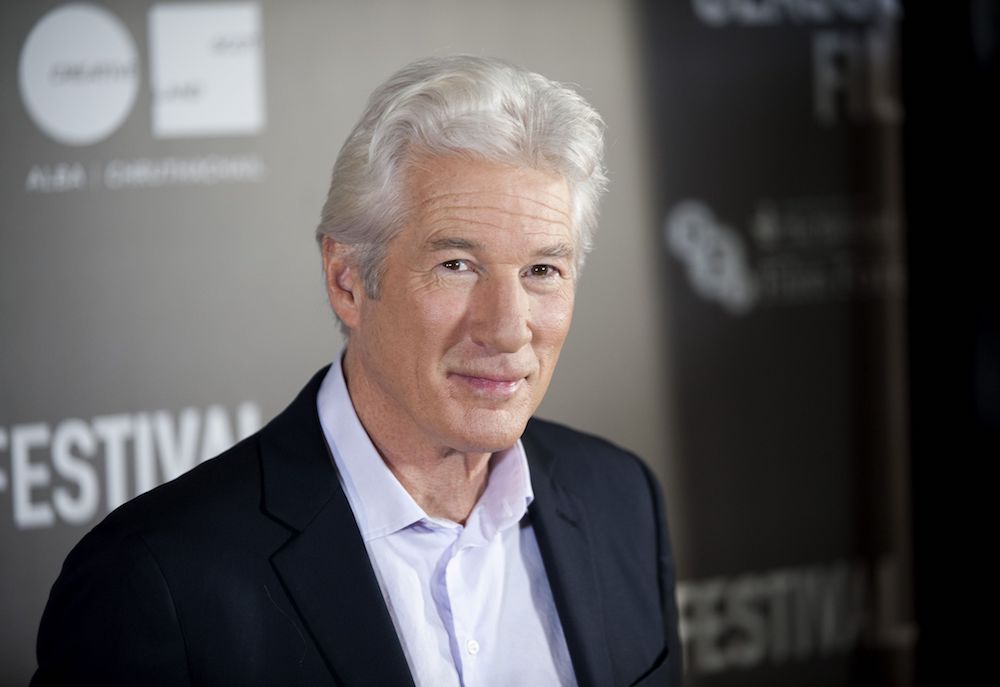Tenzin Nyidon
DHARAMSHALA, July 16: As Indian External Affairs Minister Dr. S. Jaishankar met Chinese President Xi Jinping on July 15 and Foreign Minister Wang Yi a day earlier in Beijing, the Tibetan Youth Congress (TYC), the largest Tibetan non-governmental organization in exile, issued an appeal urging India to raise the Tibet issue in all bilateral engagements with China. Released on July 15, the appeal coincided with the first high-level diplomatic engagement between the two nations since the deadly 2020 Galwan Valley clash.
The meetings took place on the side-lines of the Shanghai Cooperation Organisation (SCO) foreign ministers’ summit. During his meeting with President Xi, Minister Jaishankar conveyed greetings from President Droupadi Murmu and Prime Minister Narendra Modi and briefed the Chinese leadership on the current trajectory of bilateral ties. In separate talks with his counterpart Wang Yi, he called for de-escalation along the Line of Actual Control (LAC). “We must address pending border issues, including de-escalation,” Jaishankar said.
In light of these developments, the TYC urged Jaishankar to include the issue of Tibet in his discussions, citing the deep and long-standing implications of China’s policies in Tibet on regional stability and India’s security interests. In its letter to the minister, the organization emphasized the need to highlight the systematic cultural, political, and religious repression faced by Tibetans under Chinese rule.
“For the past six decades, the Tibetan people have been subjected to systematic cultural assimilation, political repression, economic marginalization, and environmental degradation under Chinese rule,” the appeal stated. It also warned of the growing threat to India’s sovereignty posed by China’s aggressive expansionist policies, particularly in the border regions, which include the renaming of Tibetan areas and routine military incursions.
Highlighting the strategic significance of Tibet as a historical buffer state between India and China, the TYC called for a just and peaceful resolution to the Tibet issue as the only viable long-term solution to the geopolitical tensions between the two Asian powers.
The letter drew attention to the critical situation inside Tibet, particularly the Chinese state’s policy of compulsory colonial boarding schools that has led to the separation of over one million Tibetan children from their families and communities. “This policy is designed to eradicate their Tibetan identity and indoctrinate them with loyalty to the Chinese state,” the statement said, adding that the closure of privately-run Tibetan schools and the demolition of religious and cultural institutions amount to cultural genocide.
In a strong appeal, the TYC urged Jaishankar to raise concerns about these human rights violations and to advocate for the resumption of substantive dialogue between the Chinese government and representatives of His Holiness the 14th Dalai Lama. Talks between the two sides have remained stalled since 2010.
The organization also expressed deep concern over China’s persistent interference in Tibetan religious traditions, especially regarding the issue of the reincarnation of the Dalai Lama. “His Holiness the 14th Dalai Lama has made it unequivocally clear that the authority to recognize his reincarnation lies solely with the Gaden Phodrang Trust,” the letter said, denouncing any attempt by the Chinese Communist Party to assert control over this spiritual process.
Describing the prospect of a “politically motivated” interference by an atheist regime as hypocritical and illegitimate, the TYC warned that such actions would be met with strong resistance from the global Tibetan community and Buddhist practitioners worldwide, including those in India. The group called on the Indian government to support Tibetans in resisting China’s attempts to hijack this sacred religious tradition.
“Given the gravity and urgency of the circumstances, we respectfully request that the issue of Tibet be given high priority in your discussions with the Chinese leadership,” the TYC urged in its statement. The appeal comes amid lingering border tensions, following the recent troop disengagement at Demchok and Depsang, and coincides with Defence Minister Rajnath Singh’s visit to China in June.










